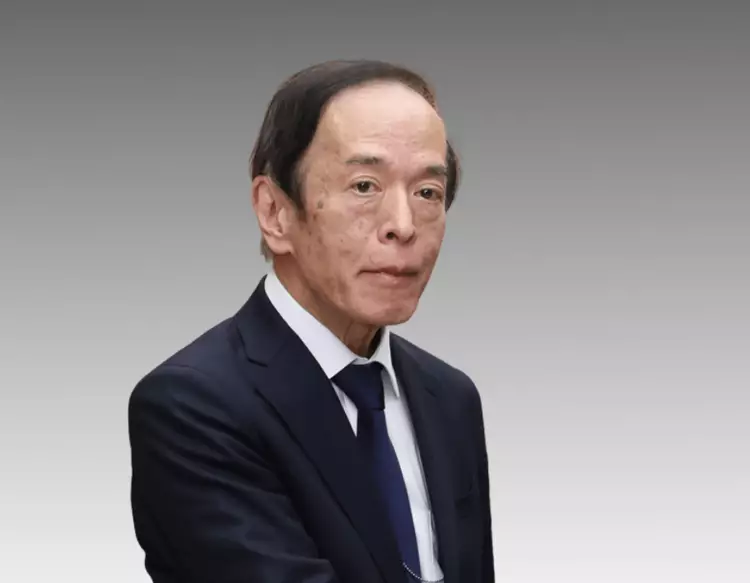Japan’s journey through economic stagnation and persistent deflation has been a perplexing saga, particularly as global counterparts pivot towards tightening monetary policies in response to rising inflation. Governor Kazuo Ueda of the Bank of Japan (BoJ) recently highlighted the central bank’s ongoing struggle to boost inflation expectations within the country. Unlike most central banks, which find themselves reacting to soaring price levels, the BoJ’s focus remains on stimulating inflation after years of insufficient price growth. This unique situation places Japan at a crossroads, challenging its monetary policy’s effectiveness as domestic and global economic conditions evolve.
Despite a backdrop of labor shortages leading to rising wages, Japan still grapples with the pressing need to elevate inflation sustainably to a target of 2%. The BoJ’s commitment to maintaining a loose monetary policy reflects a cautious approach during uncertain times. As Ueda pointed out, the central bank aims to foster inflation expectations without risking the emergence of speculative market behavior that could arise from perpetually low-interest rates. The emphasis on gradualism indicates a delicate balancing act: to stimulate economic growth without contributing to financial imbalances.
Japan’s position is further complicated by how monetary decisions made in the United States and Europe reverberate across its borders. The interconnectedness of today’s global economy means that external inflationary pressures can significantly impact domestic inflation trends. The BoJ monitors economic developments in these major economies to navigate its policies effectively. Though the ultimate goal is to sustain inflation around 2%, the challenge lies in understanding how much of an influence external factors will exert on domestic conditions and adjusting policies accordingly.
As Japan inches towards resolving its inflation challenges, there’s a pressing need for innovative policies and strategies. Ueda’s cautious acknowledgment of the uncertainty underscores the reality that Japan may require a departure from historical policy frameworks to tackle contemporary issues effectively. Embracing more aggressive fiscal measures in conjunction with monetary strategies could be one avenue worth exploring. Such an approach would not only alleviate deflationary pressures but also signal confidence to global investors that Japan is committed to long-term economic growth.
Japan’s monetary landscape remains fraught with complexities as it strives to revitalize inflation expectations while navigating global economic currents. Governor Ueda’s insights reflect the careful deliberation needed in approaching monetary policy adjustments against a backdrop of uncertainty. Without decisive action, Japan risks prolonging its deflationary malaise. The imperative now lies not just in understanding the macroeconomic environment but also in crafting a coherent and proactive monetary strategy that fosters sustainable inflation and, by extension, economic stability. The path forward may not be straightforward, but the stakes are undeniably high for Japan’s future economic health.

